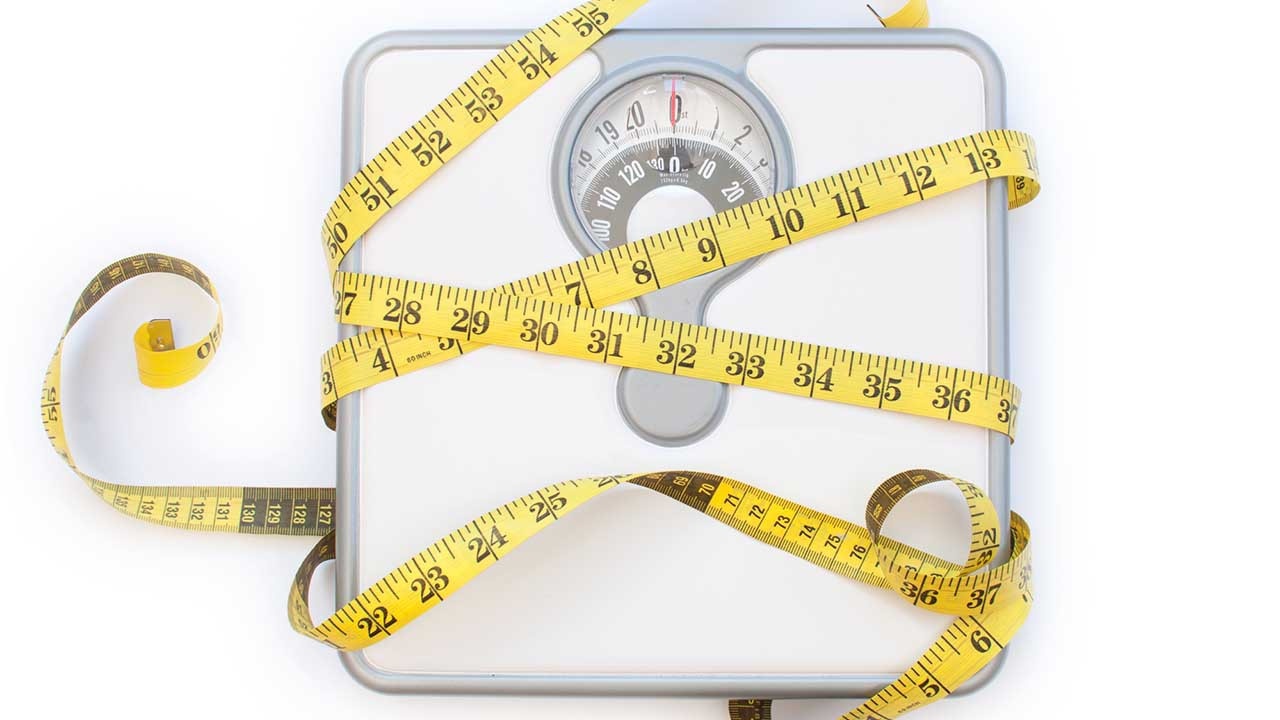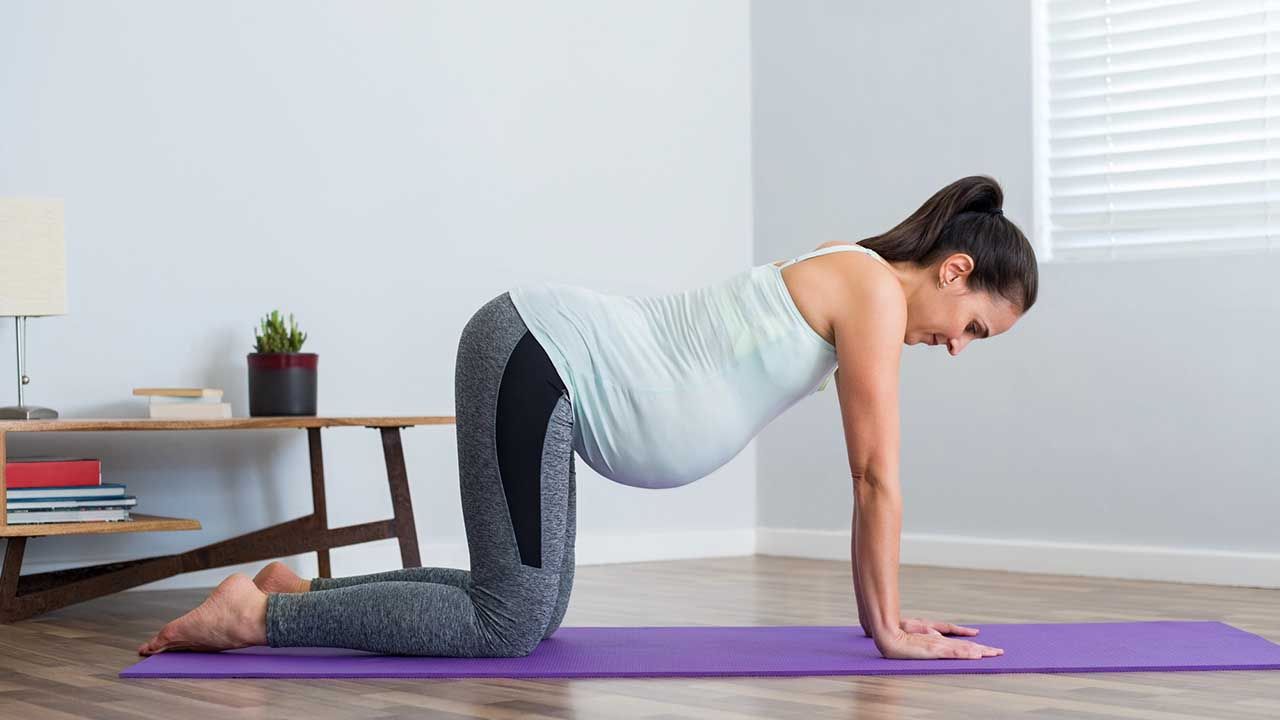Ditch Diet Culture For Good

Many women have been on a diet at some stage, some of us for much of our adult lives. Weight loss seems to be a consistent ultimate goal in the health and fitness industry, but this focus alongside what we see and hear in traditional media and social media has a drip-down effect which means that even if you're not on a diet, you are likely affected by diet culture.
What is diet culture?
Diet culture is a system of values and beliefs that puts appearance, body shape, size and body weight ahead of health and wellbeing. It equates a certain body image and types of food with being morally virtuous while all other options are not.
Losing weight is considered to be a good thing regardless of how it's done. Internal goals (our health and how we feel) are cast aside and external goals regarding our physical appearance become the priority. Diet culture has been going on for such a long time that the wide majority of us don't realise it's there because we're so used to it.
Why is diet culture an issue?
Ever thought of foods or particular ways of eating as being 'good' or 'bad'? Heard of detoxes? Cleanses? Miracle foods and supplements? Bikini body workouts? Lose 'x' kilos in 'x' weeks challenges? Commented on someone else's weight loss being 'good' or weight gain being 'bad'? All of it sounds pretty normal when talking about health and nutrition, right? So what's the problem?
Having a goal to lose weight isn't negative in itself - it's a very common goal. This is more to do with mindset around how it's done.
Diet culture typically equates being thinner with happiness which, in turn, means success. The opposite end to this is that not being thinner leads to unhappiness, and that means failure.
Once we begin to assign good/bad qualities to foods and our appearance, this lays down the foundations to trigger negative feelings and emotions such as guilt, frustration, fear, stress, regret, disappointment or shame. The decisions we make around our health and fitness become more about controlling behaviours rather than looking after ourselves. Diet culture leads us away from intuitively listening to our body's signals around hunger and energy levels, and encourages us to push ourselves to extreme exercise to 'fix' ourselves, or deprive ourselves of food in favour of losing weight.
It affects the way we look at ourselves and the language we use about our body, how we exercise, what we eat and what we wear. It affects self-confidence, self-esteem, self-worth, body-image, and this in turn can affect how we position ourselves in the world and how we interact with others.
How to ditch diet culture for good
Diet culture is long established so it's not going to go away any time soon! Once you're aware of it, however, it becomes easier to address - though it may need ongoing efforts to keep it at bay. Here are some concepts to help you begin changing your mindset to shift away from diet culture.
FOOD IS JUST FOOD
The foods you eat aren't good or bad. They don't need to be earned through exercise or skipping meals/eating 'healthier' foods and you don't need to 'deserve' them. Counting calories, weighing food, avoiding specific foods... it's just not necessary and it's easy to become obsessive about it.
Remember that extreme/fad/deprivation diets may work for physical weight loss goals in the short term, but they are rarely sustainable in the long term which means that it usually just takes a life event or change in circumstance for results to become undone.
Eat nutritious whole foods that nourish your body, allow yourself to enjoy food, and learn to eat intuitively by listening to your body's signals.
GIVE YOURSELF PERMISSION
You don't need to be perfect. Things aren't black or white. Each day is different; from what we're doing, to our energy levels, who we surround ourselves with, our emotions, our place in our hormone cycle... Allow yourself the flexibility and permission to ditch the thoughts of what you're 'supposed' to look like/be like/weigh/eat.
HEALTH IS ABOUT MORE THAN YOUR APPEARANCE
Our physical appearance doesn't tell the full story of our health. There are many more aspects that often can't be measured in the same way you can with scales or a tape measure, and because they are non-tangible they are often ignored. Mental health, social health, emotional health, spirituality, inner health; they all add up to a wider picture.
People come in all shapes and sizes, and that's okay! It's part of what makes us all unique.
EXERCISE TO FEEL GOOD
Try to forget about exercising to 'burn off last night's meal', or doing a workout to save calories for dessert tonight. Exercise shouldn't be about punishing yourself or fixing any part of your body. Instead, focus on how it makes you feel and be open to trying different types of exercise to match your energy levels, mood and body capabilities.
Ever pushed through exercising with an injury? Or tried to force a yoga pose your body wasn't ready to do? Or taken the advanced options when just getting back into exercising? Honour any physical limitations or injuries you have, and work with them rather than against them. There are so many ways to get your body moving, there's always going to be an option for a challenging workout that doesn't require a high risk of harming yourself.
Focus on getting stronger, feeling empowered, building confidence and listening to what your body is telling you.
CHANGE YOUR LANGUAGE
This isn't just about what you say out loud, but it's also being mindful of how you're thinking as well - even towards yourself. Some examples of this include:
Connecting shame with food choices such as, 'Should you really be eating that?', 'I don't deserve to eat that', 'Carbs are terrible for you', 'Too much of that food will kill you'.
Body-focused comments such as, 'You're looking great, have you lost weight?' (better to focus on energy; 'You're looking happy'), 'I need to lose 'x' kilos'. Shaming yourself with 'I look/feel fat in this outfit'.
Labelling foods and meals morally with words such as naughty, good, bad, guilt-free/guilty, clean, sinful, cheating.
TAKE CARE OF YOURSELF
Focus on fostering your happiness, self-worth, confidence. Practice self-care. Listen to your body and what makes you feel good. Unfollow social media accounts that hold diet culture values. Follow ones that promote body positivity and make you feel good about yourself. Surround yourself with like-minded people who lift you up and will help you succeed.
REFERENCES
- Davoodi, S. Girls Gone Strong. 5 Tools To Help You Ditch Diet Culture For Good. Retrieved from https://www.girlsgonestrong.com/blog/mindset/5-tools-to-help-you-ditch-diet-culture-for-good
Image / DepositPhotos









